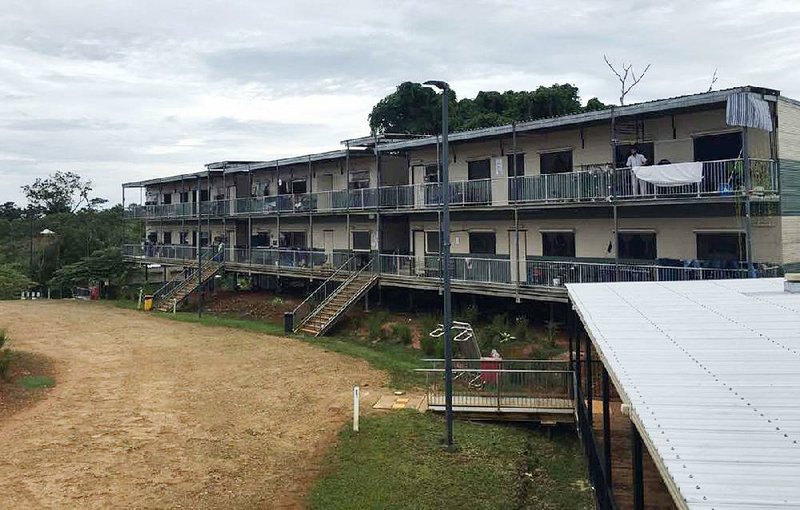CANBERRA, Australia -- When Abdul Aziz reached Australia's Christmas Island aboard a smuggler's boat in 2013, he had no idea that weeks earlier his fate as a refugee from Sudan seeking a new life in a new world had been sealed.
Australia drew a line in the sand on July 19 of that year to stem a rising tide of asylum seekers brought by people smugglers on long and treacherous ocean voyages. No refugees who attempted to reach its shores by boat from that date forward would be allowed to make Australia their home.
Five years later, the polarizing policy -- lauded as a template for other countries and condemned as a cruel abrogation of Australia's international obligations -- appears to have succeeded as a deterrent. Near-daily arrivals from Indonesian ports of rickety fishing boats have virtually stopped.
But what to do with the hundreds of asylum seekers banished by Australia to sweltering immigration camps in the poor Pacific island nations of Papua New Guinea and Nauru is gaining urgency.
"The simplest way for me to describe it is it's just like hell," Aziz, 25, said by phone from an immigration hostel in a Papua New Guinea village. He hopes to be among the 1,250 refugees barred by Australia that President Donald Trump has reluctantly agreed to accept as part of a deal struck between Australia and former President Barack Obama's administration.
"You send people to a place and you want those people to either die or go back to where they came from even if that place is very, very dangerous," Aziz said. He described a growing sense of hopelessness and fear of hostile villagers among the asylum seekers, some of whom are mute with despair.
Daniel Webb, director of Australia's Human Rights Law Center, told the U.N. Human Rights Council last month that Nauru's refugee population included 134 children, 40 who were born there. The number dropped to 124 by this week after some children were sent to Australia for medical treatment and others to the United States for resettlement.
"With every anniversary, with every birthday and with every death, the sense of hopelessness and sheer exhaustion in these island prisons rises," Webb said Wednesday. "Our government can't just imprison them forever."
Australia offers to pay thousands of dollars to asylum seekers who agree to go home, and many have taken up the offer rather than languish in limbo. Australia also has a multi-million dollar deal with Cambodia to accept refugees who agree voluntarily to leave Nauru and Papua New Guinea. Few have accepted that offer.
New Zealand offered to resettle 150, but successive Australian governments have declined, fearing it might become a back door for the exiled refugees to enter Australia.
The tense island camps have seen riots, murders, suicides and escalating mental illness.
The Australian government reached a settlement of $68 million with 1,905 asylum seekers last year who sought compensation for alleged physical and psychological suffering while they were confined in Papua New Guinea.
Australia blames the asylum seekers for their plight. The government believes they stay in the islands mistakenly thinking Australia will eventually relent and let them in.
Andrew Markus, a Monash University expert on immigration, said studies show a majority of Australians support the government's tough refugee policy.
He believes it's politically impossible for a government to resettle the island refugees in Australia now.
"They've really painted themselves into a corner," Markus said of Australia's promise that boat arrivals would never be accepted.
Aziz, the refugee on Papua New Guinea, believes the asylum seekers are victims of Australian politics.
"I believe no matter how long we spend on this island, we are not going to go to Australia," Aziz said.
"What do you expect from this government? Do you expect that this government at the end of the day will say: 'Ok, we surrender. OK, we give up and these people, they won't -- that's not going to happen," he said.
A Section on 07/19/2018

